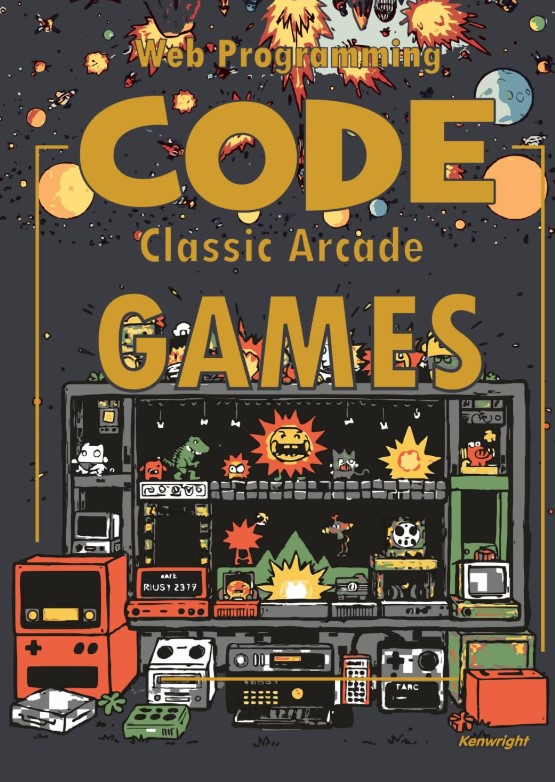

What is a game? At its core, a game is a structured experience - an interactive system of rules, challenges, and rewards. But a game is more than just lines of code or pixels on a screen. It's an experience that sparks emotion. When you play, you might feel joy, frustration, excitement, or determination. Games engage us in ways few other things can. They challenge us, test our skills, and push us to improve. But why do we play games? Because they're fun? Sure. But there's something deeper at play. Games are not just entertainment - they are the juices of evolution. From childhood to adulthood, we learn and grow through play. A game forces us to make decisions, to react, to adapt. Whether it's solving a puzzle, dodging an enemy, or mastering a new skill, every game teaches us something. That said, not all games are equal. Some teach strategy, some test reflexes, and others train patience and perseverance. Classic arcade games, in particular, embody a pure form of challenge and reward - simple mechanics, tight controls, and instant feedback. They are easy to learn, hard to master, and timelessly engaging. This book is about creating those kinds of games - games that are simple yet compelling, accessible yet deep. You'll learn how to build arcade-style games for the web using minimal, working code. Each chapter will walk you through a key aspect of game development, helping you understand not just `how' to write games, but `why' they work. You'll recreate the magic of timeless arcade hits while learning the fundamental principles of game design. The games you'll create in this book span a variety of genres, each showcasing different techniques and mechanics.
Whether you're a beginner looking to learn the basics or an experienced professional seeking advanced knowledge, this book has something valuable to offer.
Enterprises are reviving dedicated hosting due to mounting costs, unde...
Read More


Community Discussions